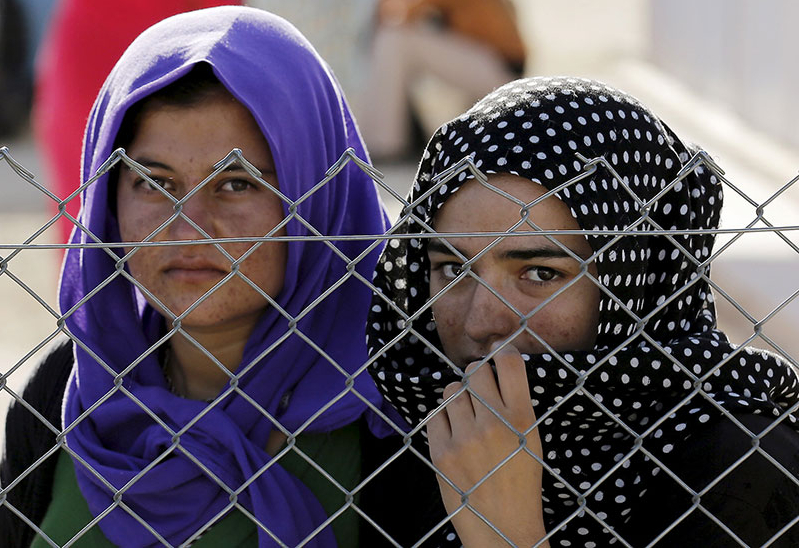
A new report from the United Nations has revealed that civilians in Iraq have endured unabated killings and widespread human rights violations, particularly in areas controlled by ISIS. Those who escape from ISIS control often find little support in coping with their struggles.
According to a report published by the Office of the High Commissioner for Human Rights and the UN Assistance Mission for Iraq, at least 15,000 civilians were killed and 30,000 injured since January 2014. The uncut report has been posted online.
"Civilians continued to be murdered, often in grim public spectacles," the report said, highlighting the situation of civilians living in ISIS-controlled areas.
The UN report cited that ISIS continues persecution against ethnic and religious communities in the region. ISIS has taken most of it out on the Yazidi community, where 3,500 of its members remain in captivity; many of them have experienced physical and sexual violence and other degrading treatment.
"These acts appear to form part of an on-going policy that aims to suppress, permanently expel, or destroy many of these communities within ISIL areas of control," the report said.
Sarah Childress of Frontline reported that ISIS has instituted sexual violence into their bureaucracy. Zainab Hawa Bangura, the UN special representative on sexual violence in conflict, told Childress that the terror group runs dedicated slave markets and price lists based on the victims' ages.
"This is a war that is being fought on the bodies of women," Bangura said. "It's important for us to recognize that."
According to Childress, there are few resources to help those who escape from ISIS captivity. Grainne O'Hara, the deputy representative for the UN High Commissioner for Refugees in Baghdad, stated that the while the UN has asked for $498 million to provide food, water, shelter, and basic education and health care, the agency has only received 30 percent of the requested total.
"The services that are being provided to people are completely inadequate," O'Hara said. "And I mean food - basic things - before we get into the specific things like psychosocial support for people who have been through particularly traumatic experiences."
Samer Muscati, a researcher for Human Rights Watch, went to northern Iraq to observe the care for Yazidis who were previously victimized by ISIS; their medical needs have been largely met. However, out of the 20 Yazidi women and girls he spoke with, only one had something akin to sustained psychological care.
"There's a lot of attention focused - rightly - on getting them released and free, but less effort on what happens to them when they are released," Muscati said.
According to Childress, rape victims and those sexually assaulted within the Yazidi community are shunned; some have even taken drastic attempts to end their lives out of fear of bringing dishonor to their families. However, Yazidi religious leader Baba Sheikh has announced that former ISIS captives should be welcomed back into their community.
"There are now cleansing ceremonies to wash away what they endured in captivity and re-convert them to the Yazidi faith," Childress wrote. "Sheikh's pronouncements have offered some protection and a means back to a place of respect among their families."
Zeid Ra'ad Al Hussein, the UN High Commissioner for Human Rights, urged more action from authorities in Iraq over such atrocities.
"It is important to recognize the plight of the survivors and the families of victims and their courage in refusing to let the issue of what happened be set aside," Hussein said.







